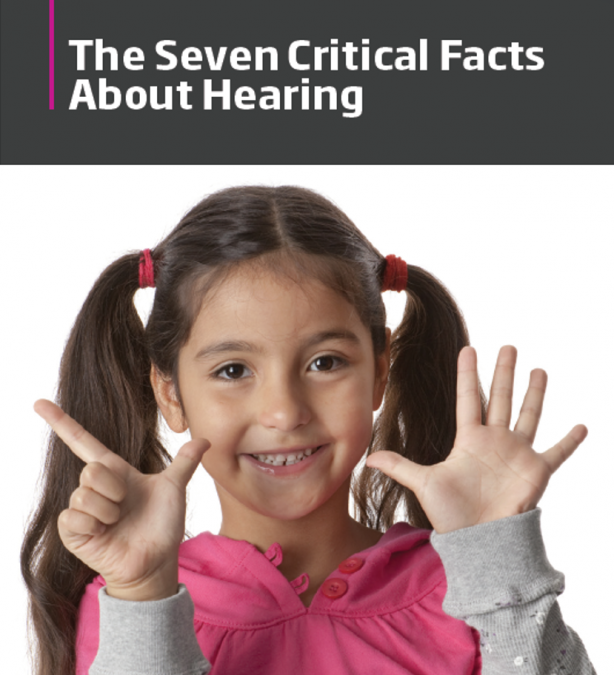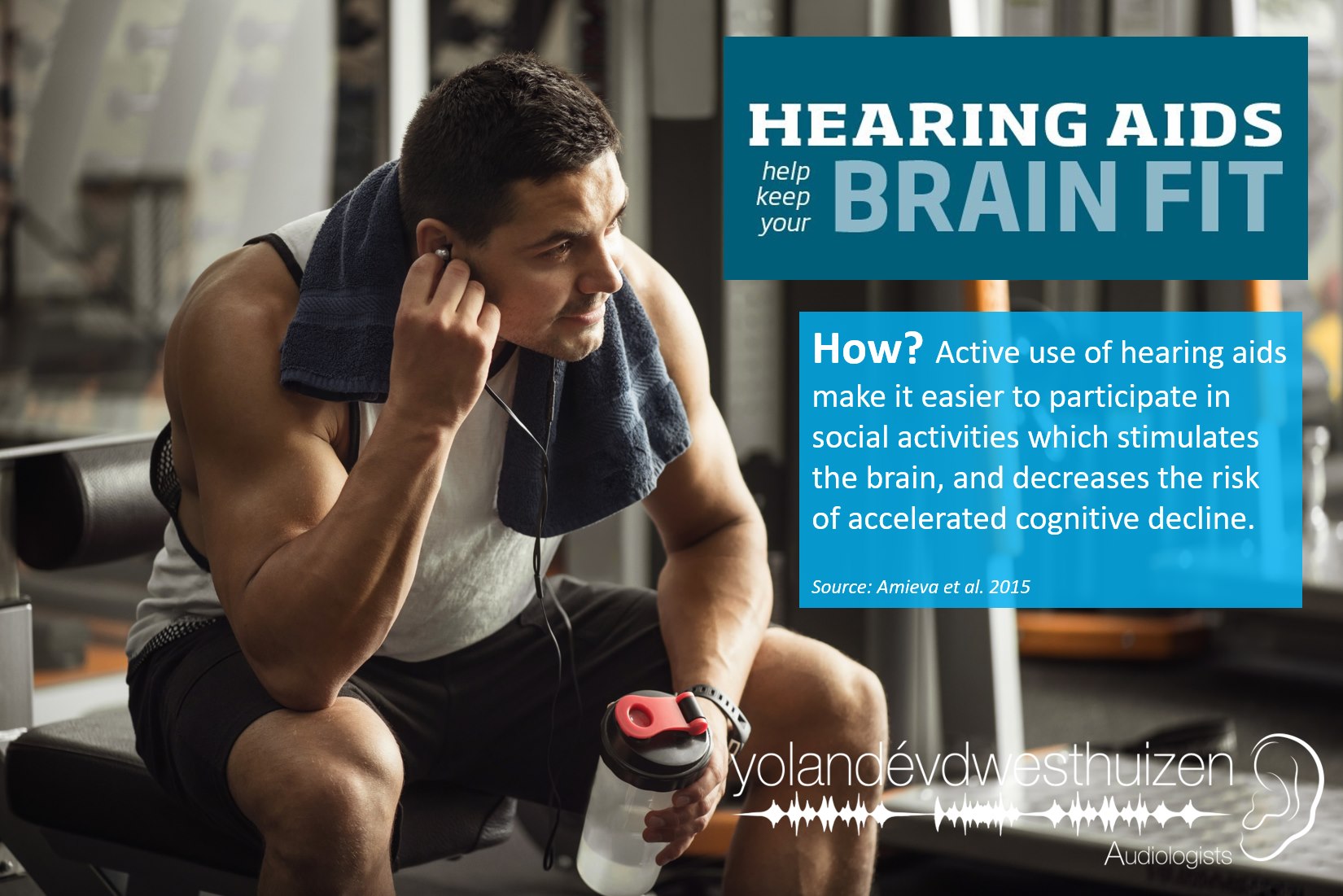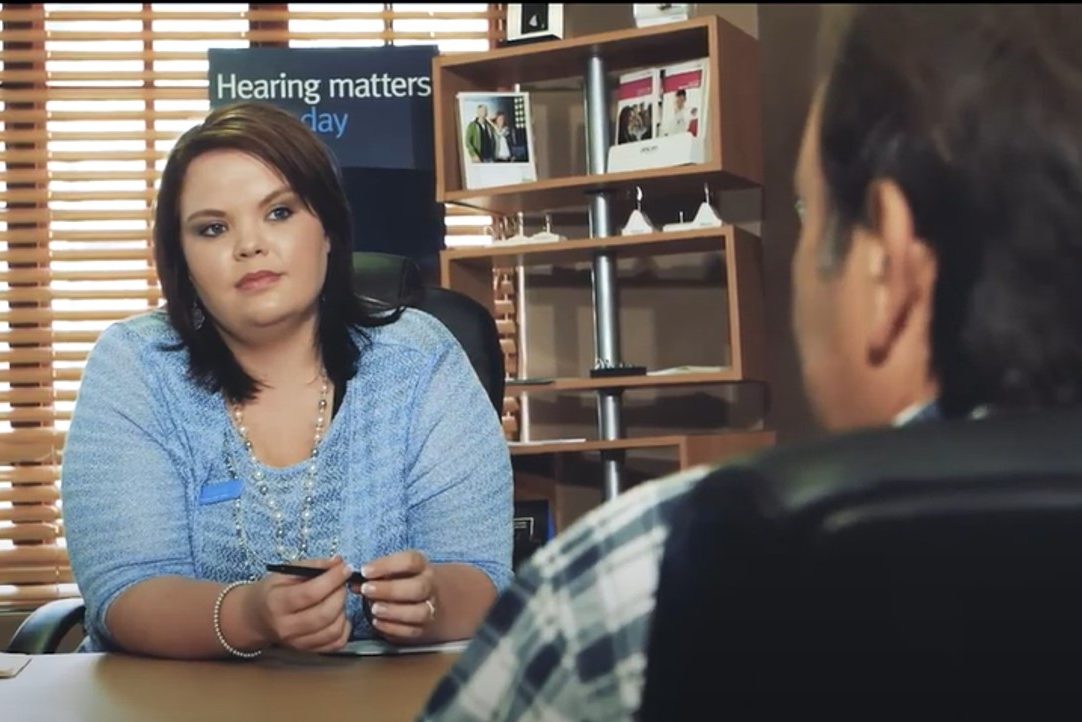
Yolandé van der Westhuizen Audiologists – PRACTICE VIDEO
October 8, 2020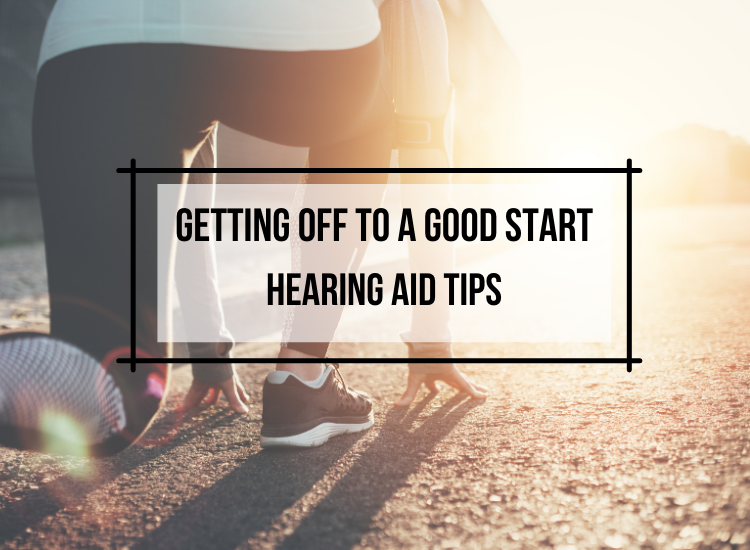
Get off to a good start – HEARING AID TIPS
November 19, 2020You’ll never know how much you’re missing in life…
until you hear as well as you could.
7 Critical Facts About Hearing in babies, children and adults:
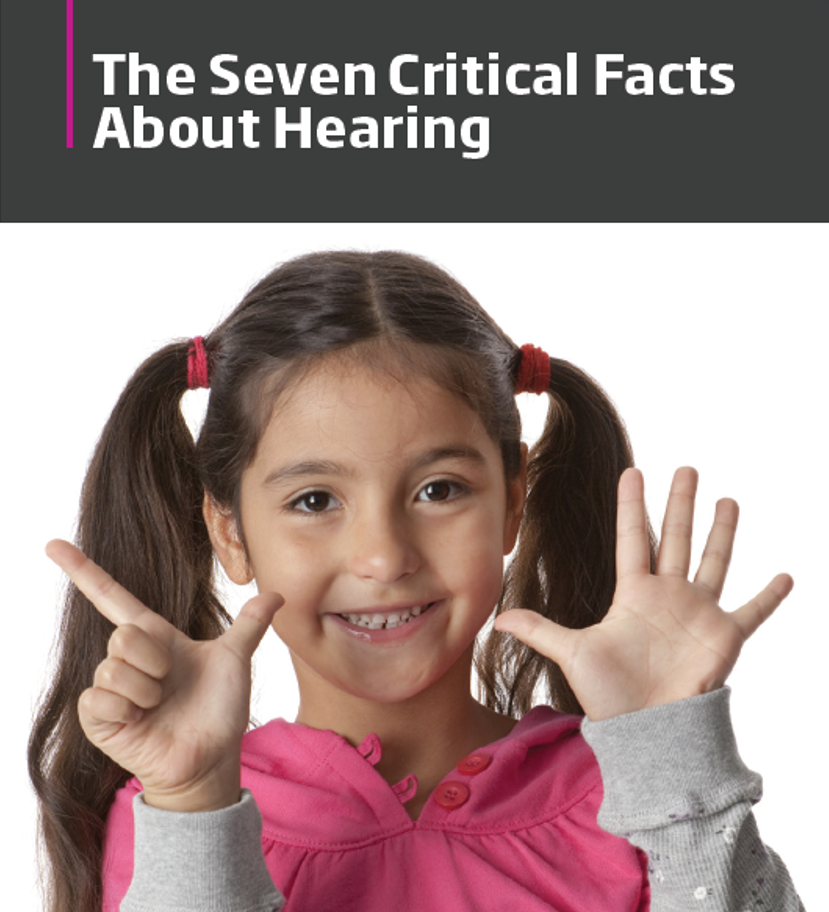 Babies
Babies
1) A hearing impairment inhibits the development of communication in babies, therefore every infant should be tested.
2) We start to communicate from the moment we are born. So, the earlier hearing loss is detected and treated, the better chance there is to create a better future for your child.
Children
3) Children can fall behind in school by not realizing that they don’t understand the teacher because of a hearing loss.
4) Children with a hearing loss that receive amplification can often perform just as well as their peers in school.
Adults
5) 1 in 6 adults experience some degree of hearing loss.
6) One of the biggest challenges for people with even a mild hearing loss is following a conversation in a noisy environment.
Technology
7) Hearing technology has improved to help you experience speech understanding at the same level as people with normal hearing in noisy environments.*
©Oticon,2017: The Seven Critical Facts about hearing *Juul Jensen 2018, Oticon Whitepaper
Download the 7 CRITICAL FACTS ABOUT HEARING brochure right here!
What to do?
Assess your hearing
Specialized equipment is used to obtain an accurate picture of your hearing loss. Your hearing care professional will then be able to tell the type, degree and possible cause of any hearing loss present. They will also be able to tell you if it’s necessary to consult any other specialist.
Discuss your hearing needs
Your specific hearing requirements and treatment options will be discussed. A joint decision will be made on what the appropriate solution is for you.
Decision making and counselling
Your hearing care professional will assist you in making a decision about which option will best suit your hearing loss. Counselling is provided to help those with hearing loss to function more effectively in social, educational and occupational environments.
Hearing Instrument Fitting
If required, an appropriate hearing instrument will be selected to suit your type and degree of hearing loss as well as your individual lifestyle. After fitting the device, your initial experience of hearing improvement will be evaluated and your hearing care professional will discuss whether your goals are being met. Adjustments are made accordingly.
We hear with our brain, not our ears.
Social activities stimulate your brain!
If you have a hearing loss, you will find it easier to participate in social activities if you use hearing aids. Social interaction stimulates your brain, which decreases the risk of accelerated mental decline.
Read more about keeping your brain fit here!
Are you unsure whether you might have a hearing loss? You are welcome to take our online hearing screening. Be sure to leave your contacts if you want the experts to get in touch to discuss your hearing!
*©Oticon,2017: The Seven Critical Facts about hearing *Juul Jensen 2018, Oticon Whitepaper
ONLINE HEARING SCREENING – CLICK HERE



